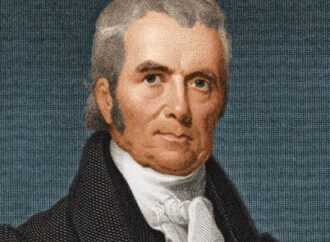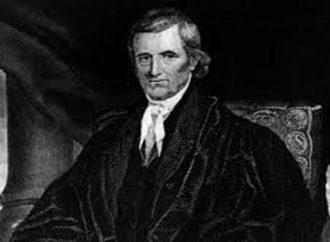2024 Property Tax Reform: The Choices Before Colorado Voters
- July 26, 2024

Marshall was not part of the “living constitution” project. He sought to interpret the Constitution according to “the intention of its makers.”
READ MORE
There has been a effort in the law schools—and at times in the Supreme Court—to appropriate Marshall as a model for liberal activism.
READ MORE
Modern accounts of the XYZ affair are bad enough, but they do not begin to capture the insulting nature of the repeated French demands.
READ MORE
John Marshall helped secure adoption of the Constitution.
READ MOREChief Justice John Marshall (in office 1801-1835) is often identified with an expansive “big government” interpretation of the Constitution. Fans of big government cite him as an ally; opponents as an enemy. This view of Marshall is a caricature. It is true that Marshall was a Federalist—he occupied a place on the political spectrum of
READ MORE